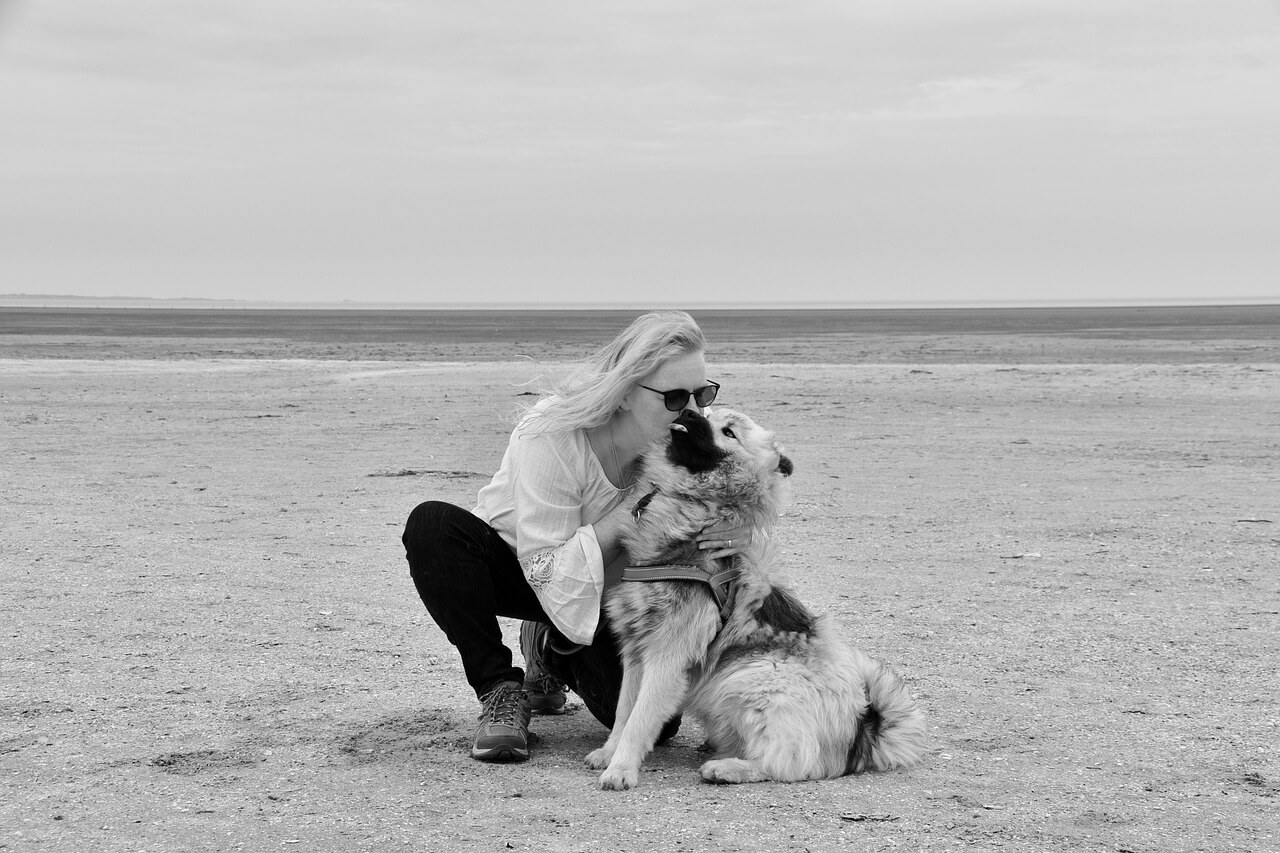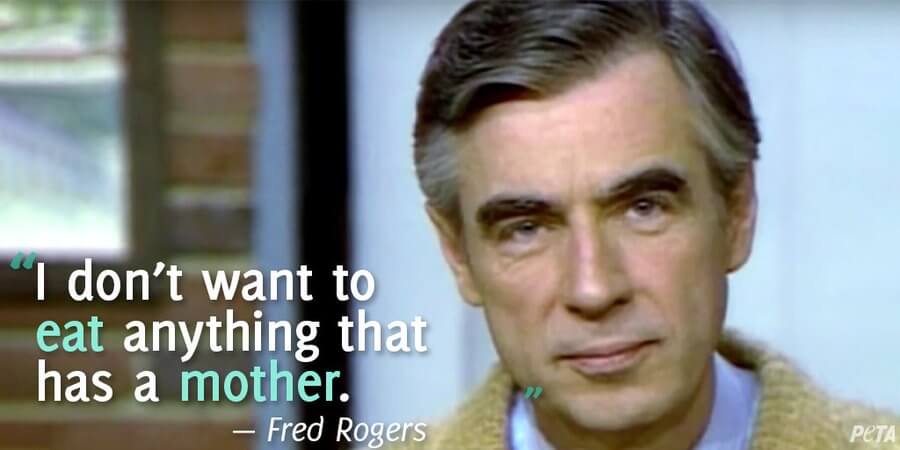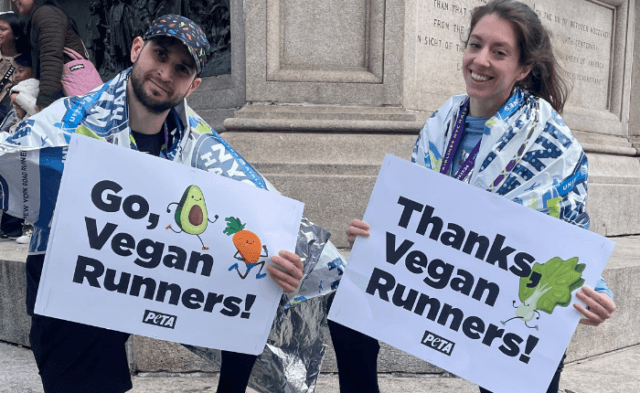You may have recently read an article in The Atlantic titled “How America Got Mean.” The author, conservative political commentator David Brooks, wrote about the divisiveness and acrimony that are fueling behavior unlike anything most of us have ever seen. Instead of articulating their points with civility, people yell and blame. Instead of listening, they name-call and ridicule. Instead of seeking to create positive discourse, they seek to dominate conversations and overpower the other side. Driven by feelings of fear, distrust, and a lack of safety, people are becoming more insular and isolated. Rates of depression and anxiety are skyrocketing. News reports consistently state that suicide, mass shootings, crime, and violence are all on the rise. And many of us also recognize that human cruelty isn’t reserved just for humans. In troubling times, it’s easy to look around and think, “If humans can treat each other with so much callousness and disregard, how can we ever expect them to be kind to animals?”

However, as Brooks points out, there’s a reason why Ted Lasso, a show about a struggling British soccer team, dominated American television during its three-season run from 2020 to 2023. “Ted Lasso is about an earnest, cheerful, and transparently kind man who enters a world that has grown cynical, amoral, and manipulative, and, episode after episode, even through his own troubles, he offers the people around him opportunities to grow more gracious, to confront their vulnerabilities and fears, and to treat one another more gently and wisely. Amid lockdowns and political rancor, it became a cultural touchstone, and the most watched show on Apple TV+.” People were longing to see kindness and warmth.
Brooks gives another example: “In 2018, a documentary about Mister Rogers called Won’t You Be My Neighbor? was released. The film showed Fred Rogers in all his simple goodness—his small acts of generosity; his displays of vulnerability; his respect, even reverence, for each child he encountered. People cried openly while watching it in theaters. In an age of conflict and threat, the sight of radical goodness was so moving.”
Fred Rogers was, as the film points out, a vegetarian whose benevolence extended to all. And he was one of millions of animal advocates who chose to continue to model compassion without exclusion. When it feels like we live in, as Brooks put it, “a morally inarticulate, self-referential world,” those of us who are surrounded by people promoting all-encompassing empathy don’t have to look hard to find what TV and movie audiences were desperate for.

Flip through the upcoming issue of PETA Global and you’ll see a story about a truck driver who drove pigs to a Smithfield slaughterhouse. He was so touched by the kindness that the PETA demonstrators outside showed to him and the animals that he befriended them. He ultimately decided to change jobs and stop eating animals. You’ll also read about a PETA staffer who bakes vegan lasagna and delivers it to people in need, along with vegan starter kits and coupons. The families she helps are receptive and extremely grateful. We regularly hear about experiences just like these from our members. Many of you have watched a group of total strangers start working together after you stopped to help a turtle cross the road. In different circumstances, those same drivers might have been yelling and blasting their horns at one another. But a simple act of kindness brought together young and old, rich and disadvantaged, and red and blue and inspired them to cooperate to achieve a worthwhile goal.
For a broader example, look at the results of PETA’s investigation into the Envigo beagle-breeding facility in Cumberland, Virginia. Media on the left and right invited PETA into the studio to discuss our findings, and the outcry over the abuse that these dogs endured transcended political, socio-economic, and all other perceived boundaries. That facility was shut down, the 4,000 surviving dogs were put up for adoption, and people across the country came together to help get them placed into loving homes. In a rare show of total agreement, Virginia lawmakers unanimously passed five new laws to prevent the kinds of cruelty that PETA documented.

In a social climate that sometimes encourages people to tap into the most insensitive and even malicious parts of themselves, the work that we do has the opposite effect. Almost every human, at their core, has a particular disdain for cruelty to animals. In coming together to protect them, we find common ground, unity, community, strength, and a shared desire to embrace our most humane and merciful selves. And we create positive change. Knowing that will hopefully give you comfort, peace, and something to feel optimistic about. Difficult times don’t make our task of animal liberation harder. They make the radical goodness that animal advocates consistently show to the world all the more needed and all the more appreciated.





